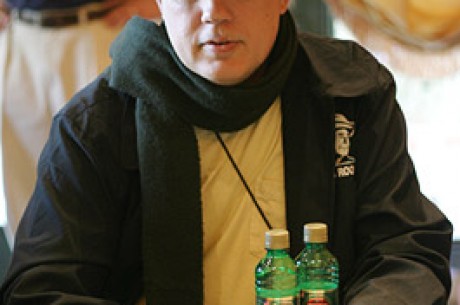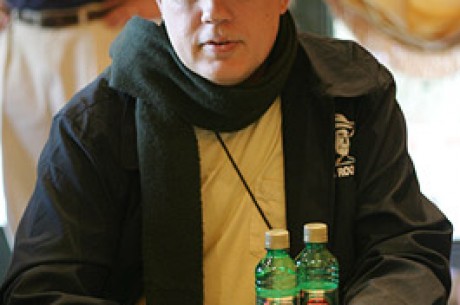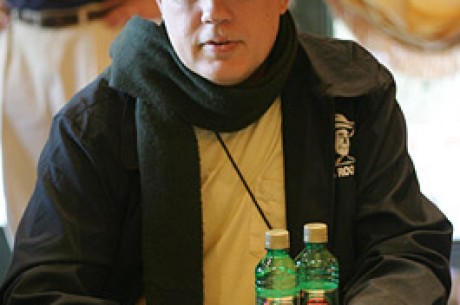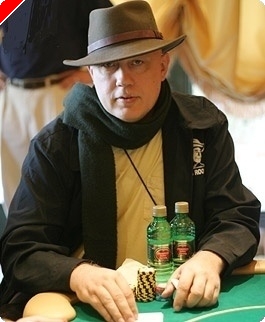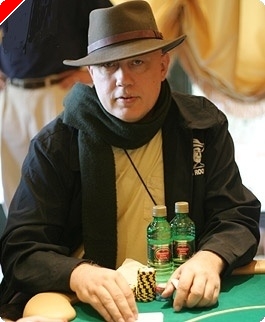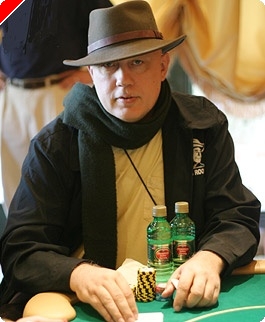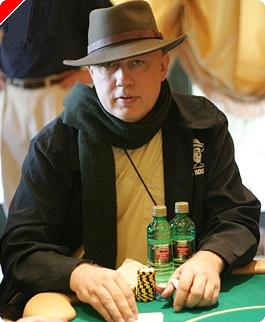Inside The Poker Tour (51) - The Naming of Omaha
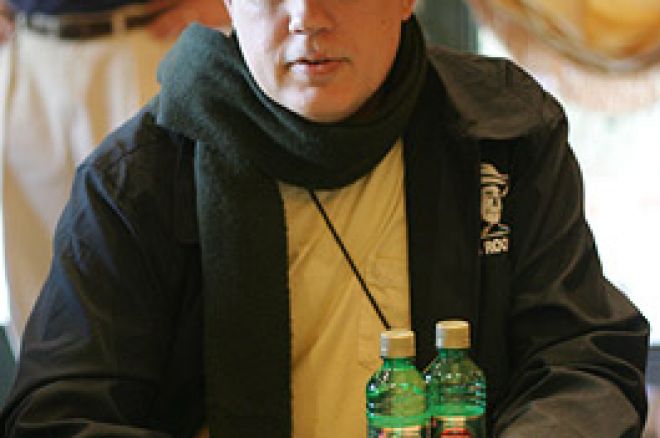
Bob Ciaffone and I have been exchanging emails these past few days in an effort, through our collective but separate memories, to pin down the timeline and the naming of the game of Omaha. To some extent this has been assisted by phone calls to Eric Drache, Roy Cooke, Donna Harris, Walter Steele's son Brad, and others. I was playing in the game where Omaha got its name and no matter how many others I have told over the years it does not seem to find its way into print, or is met with skepticism. Some of those I have told this story to are Roy Cooke (a player), Susie Isaacs and Tom McEvoy (writers), Eric Drache (card room manager), and Gwen (host). In talking to Eric it is apparent that several books are going to be out soon talking about the history of poker��and full of errors! Shocking errors in some cases, I must say. So let us tell this story of how Omaha got its name in print, believe it or not! As a reporter let me add that no-one seems to believe me so I am not mentioning names here to back me up although they were a part of my research.
In Coos Bay, Oregon for several years we played a version of 2[by]3 called 2x5, where a maximum of 8 players could play and you had to use 2 from your hand and 3 from the board and it was one of many locales where variations of 2[by]3 were played (Florida, Alabama, Michigan, New York, California, Oregon, Washington, and in 'home' games at many other places), high only in most cases. The most famous game of that era was the one that happened near Seattle, it was called 9 card and was spread as 20-40 (a big game at that time). Gwen (a Vietnamese woman) brought that game to the Golden Nugget in Las Vegas where Bill Boyd gave it the name "Nugget Holdem", In some stories you are told that Robert Turner also brought the game from Alabama and hosted it too, but I did not see him playing in it during the first weeks of the game��although he was a regular at the Stardust on the Strip, and in sportsbooks everywhere, at that time.
So the game was played as 10-20 (not the 1-2, 2-4, or 4-8 that happened later at various locations around town) and went around the clock with a number of us playing about 14 hours a day on the average. One morning an elderly floorman (probably Walter Steele, as he was the older floorman on graveyard and loved wordplay according to Eric Drache and Walt's son Brad) came in and said "I guess you players are going to be playing this every day, huh? Well we need a real name for this game. Where are you players from?" "Seattle," several said. "Coos Bay," i said. "Seattle? Coos Bay? Those are not good names for a game! How about you?" He says to one farmer looking guy. The guy looks up from his hand and says, "Omaha." "Omaha!" says Walter, "Omaha! I like the sound of it! That's it! From now on this game is called Omaha!" and he went to the board and crossed out 'Nugget Holdem' and put 'Omaha' up and the name worked and is still used today. Clearly he hit it on the head--it is the right name and furthermore, describes the game! I guess it is the fact that the name came about accidentally that creates the resistance to such a casual happening��but you must realize that none of us were thinking about what history might be occurring, we were just playing the game in front of us, no matter what it was called. This was probably in 1983 although I am not certain about the year. Not long after this I remember the first "Omaha" events being offered on tournament schedules. The first two that I played in were at the Grand Prix at the Golden Nugget, and at the Reno Hilton, both taking place a few years later.
In the Grand Prix event (high only) I still remember having a big stack midway through the tournament and laying down two pair on the river to a large bet by Amarillo Slim, who then showed gratis that he held only top pair with AK64 and the board reading KJT73 and I had played QJT8. That was kind of hard to accept for me and I had to realize that playing 2x5 in Coos Bay, Oregon for two years was a double-edged sword. On the one hand I understood the 2x3 concept better than most holdem players, but on the other hand it had trained me that if I did not have the nuts or a draw to the nuts, which you needed in the five card version, I did not have much of a hand��so in this situation not having a set I did not seriously give a possibly winning holding proper consideration. To leap to the other side of the court for a moment one should realize that once I checked to Slim he assumed that his top pair was golden��or at least he was certain of it once I did not check-raise. I did not think he was showing the hand to rub salt in a wound, or with the hope of getting me agitated (as sometimes players do with a stone cold bluff, letting the world in on the glory of the moment, whilst their egos dance on the tabletop), but actually thought he was showing the best hand and letting me know that I had made the correct laydown��if I could beat his AK46 I would surely have called, right?
As of 2006 Frank Cutrona, the assistant card room manager at the time of this game, who had come from New Jersey with Eric Drache, as well as another shift manager of some fame, Jim Albrecht, are no longer with us. A few of the other shift managers at that time were Doug Dalton and Jim Brenner, with Donna Harris coming aboard about 1985�Cperhaps you have heard these names?
Steve Wynn invited Eric Drache to replace Bill Boyd as the cardroom manager in this same timeframe and this was not a popular political move at the time because Bill was viewed as an elder statesman for poker and had been the manager there for over 30 years! Steve was in the early part of his career though and had a vision to transform the Golden Nugget into the oasis that it still is today, and to do that he wanted a younger preppy type of presentation, not a "good old boy" image and so he changed the face of everything he touched! Faithful to his vision he now has an exclusive casino named after him and funds an art collection that is on display in its own building on the Strip.
I do not know exactly when Omaha came to be played as pot limit but it was a natural fit and happened in the early years. I also do not know when Omaha became a high-low split game but I do know that it was also played as a pot limit game in those early days as I played quite a lot of the cash games that featured it in the middle eighties. High-low Omaha is still played in big bet formats but is not a featured game or format these days. Usually it is now spread as pot limit if high only or high low split in limit format. In the high low format it often has a partial kill attached to it when you win a pot of some predetermined size.
Until next time��play good and don't forget to be lucky!
Ed note: Whatever name your poker game might have, play it at Doyle's Room.

